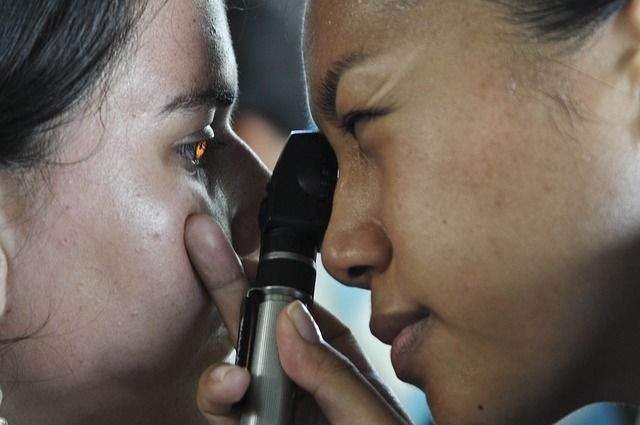Drug Used To Treat Allergies, Common Cold May Also Reverse Vision Damage Caused By Multiple Sclerosis

Clemastine fumarate, an over-the-counter antihistamine commonly used to treat symptoms of allergies and the common cold, may also be able to reverse chronic vision damage caused by multiple sclerosis, according to preliminary research presented at the American Academy of Neurology's 68th Annual Meeting.
"This study is exciting because it is the first to demonstrate possible repair of that protective coating in people with chronic demyelination from MS," study author Dr. Ari Green of the Multiple Sclerosis Center at UC San Francisco, said in a statement. "This was done using a drug that was identified at UCSF only two-and-a-half years ago as an agent with the potential to help with brain repair."
Multiple Sclerosis, a disease marked by fatigue, vision problems, muscle weakness and spasms, affects more than 400,000 people in the U.S. and about 2.5 million people around the world, Healthline reported. It’s a disabling neurological condition in which the immune system eats away at the protective sheath that covers nerve cells in the brain and spinal cord, leading to damage along the nerves, and disrupting signals to and from the brain. Optic neuropathy, or damage to the optic nerve leading to vision loss, is a common consequence of the disease.
Researchers conducted a five-month study involving 50 people with an average age of 40 who had multiple sclerosis for an average of five years and had mild disability from the disease. This cohort all had evidence of chronic optic neuropathy.
The visual process begins in the retina, the light-sensitive layer of tissue at the back of the eye. The visual cortex enables people to interpret the information captured by the retina; in other words, this part of the brain that allows people to see images. To be included in the study, participants had to have a delay in transmission time between signal from the retina to the visual cortex beyond 118 milliseconds in at least one eye time for transmission.
For the first three months of the study, people were given either the antihistamine clemastine fumarate or a placebo. For the next two months, those initially given the drug received the placebo and vice versa. The data showed that transmission delays were reduced by an average of slightly less than two milliseconds in each eye patient among those who received the antihistamine.
One of the major side effects of antihistamines is drowsiness, so some study participants did report an increase in fatigue while taking the drug.
"While the improvement in vision appears modest, this study is promising because it is the first time a drug has been shown to possibly reverse the damage done by multiple sclerosis," Green said. "Findings are preliminary, but this study provides a framework for future multiple sclerosis repair studies and will hopefully herald discoveries that will enhance the brain's innate capacity for repair."
Because of the small size of the study, Green said more research with large numbers of people is needed before clemastine fumarate can be recommended for multiple sclerosis patients.
Source: American Academy of Neurology 68th Annual Meeting. 2016



























